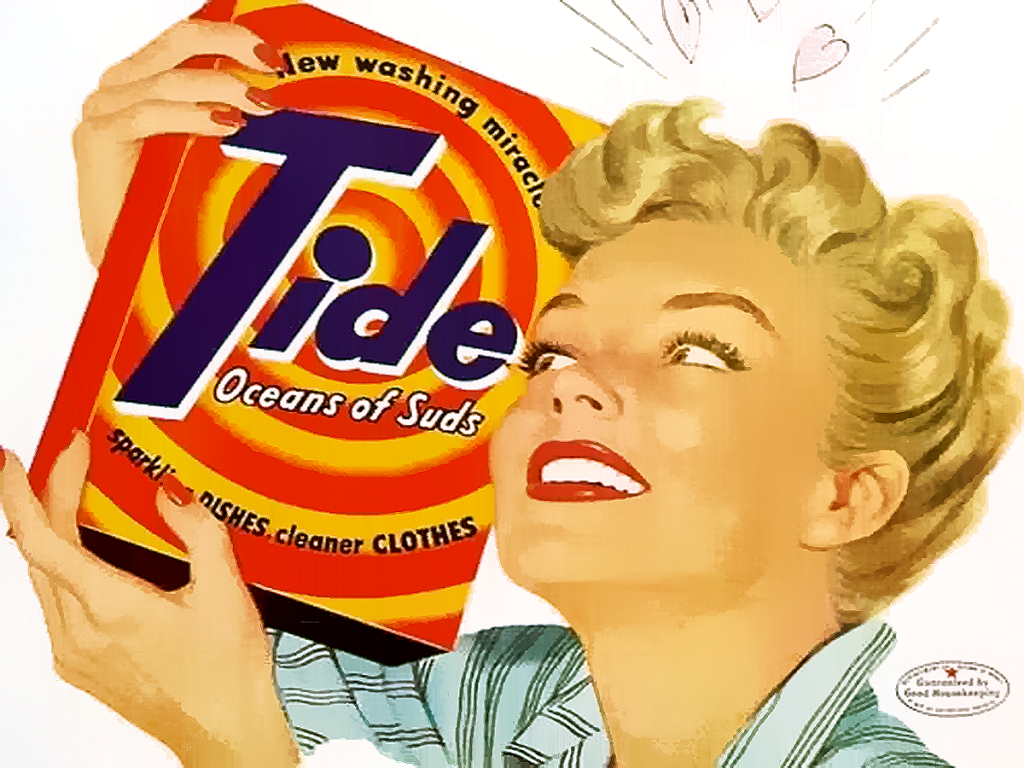Don’t call me mum
It’s been a busy week at Saatchi towers. On Wednesday I unveiled the results of a project that I have been working on with the online forum for mothers, Mumsnet at their inaugural Mumstock conference on marketing to mothers.
This project aims to challenge a whole set of myths about marketing to mothers that seem to me to be endemic in the marketing and advertising community on the part of both clients and agencies. Myths that if they ever were based in fact have long since ceased to be.
Indeed the process of putting together this thinking, using social listening, quant’ and qual’ research has made me even more convinced that we are in desperate need of a revolution in the way that marketing thinks about and addresses mums or as I believe we should really be calling them, women with children.
Indeed the central conviction I have now is that with only 19% of mothers saying that they relate to any mothers portrayed in advertising and only 23% happy with people other than their family calling them a Mum, it is high time that we ditched the ‘mum’ word from marketing altogether.
‘Mum’ is a pet name that children use to address their mothers. It is a disgrace that marketing has appropriated it as a label to lump together every woman with a child in order to feign some kind of familiarity or closeness to them and their lives.
For one thing the label papers over the deep divisions that exist within the 18 million women in the UK that call themselves a mother. Divisions that have absolutely nothing to do with whether a mother decides to stay at home or is in paid employment but what class she is, how much income the family has, her educational achievements, her age, her location and her ethnicity.
For another it’s just damn lazy. I would be shot if I ever wrote ‘car buyers’, ‘mobile phone customers’ or even ‘blokes’ on creative brief but its entirely fine to write ‘mums’. The word ‘mum’ stands in for doing any actual thinking yourself, it appears like you mean something specific but in fact you don’t at all, since in the case of the UK you have just gathered together tens of millions of women in one meaningless catch all term.
As George Orwell said “Orthodoxy is not thinking, not needing to think. Orthodoxy is unconsciousness”. And the use of the label ‘Mum’ is a form of unconsciousness we suffer from all to often when it comes to thinking about the lives of women with children.
So here are the slides from the presentation at Mumstock. I’m not sure if you get the notes if you download the slideshare but unlike most of my presentations this one makes reasonable sense from the slides.
And if it doesn’t heres a video from an APG session on why advertising alienates women.
Discover more from
Subscribe to get the latest posts sent to your email.


As usual, this is spot on. I took issue with a brief recently that talked about the audience being the “over 50s”. Utterly meaningless and as lazy as ‘mums’. Nigel Farage and Bill Bailey are both 50. Under what bizarre circumstances, outside of a lazy marketing brief, could you ever lump them together?
I’m in the strange position, possibly unique position, of both vehemently agreeing with you, and feeling sad that I do.. In marketing terms, quite agree that Mums is lazy bunching together – but on the other side of the human coin, i agree with Scout Finch that Folks is just folks – and the more dividers we put btween us, the more divided we become..
Thanks for this, this has been very useful in convincing my account team that mothers are not there to be stereotyped. It’s a hard slog trying to explain to people sometimes that Kate Middleton isn’t their only role model, that saccharine imagery of happy families or ads with multi-tasking, ‘family slave’ portrayals of ‘mums’ (like Asda’s Longsuffering-Christmas-Mum or Morrisons’ Wrestling-Turkey-Mum) just don’t resonate.
In an age where the internet can provide access to each and every one of our character-forming interests, and, in an age where we are no longer blanket-broadcasted at, why the hell should anybody ever have expected all women with children to have all emerged with the same interests, values and attitudes?
A recent report by the Pew Foundation revealed that mothers are now the sole or primary income provider in a record 40% of households with children. Times have definitely changed.
Its a little bit crazy that advertising hasn’t kept up with this.
That said, there are some aspects to motherhood that I think women with children all share, but I don’t think these really fit the stereotypes that jump into people’s minds when they see ‘mum’ emblazoned on a brief.
Surely your pre-child self must compromise due to the demands of looking after another human being. Surely priorities change.
But surely these compromises and re-adjustment of priorities aren’t the same for every woman with a child because women aren’t all the same before they have kids. Why would they all be the same after?
Brilliant research, found the infographic on Mumsnet to help illustrate one of my own presentations.
This topic gets even more interesting/complicated when you add a cross national & cultural spin. Think you’ll enjoy this article I read a while back Richard; http://www.ogilvy.com/On-Our-Minds/Articles/changing_chinese_mothers.aspx – it’s about how a being a Chinese mother means so many different things.